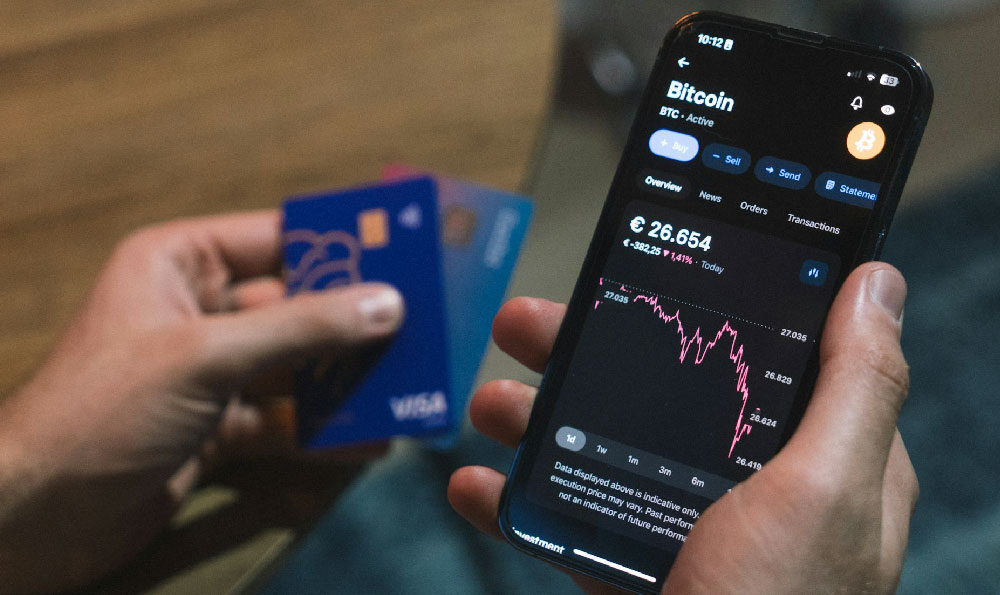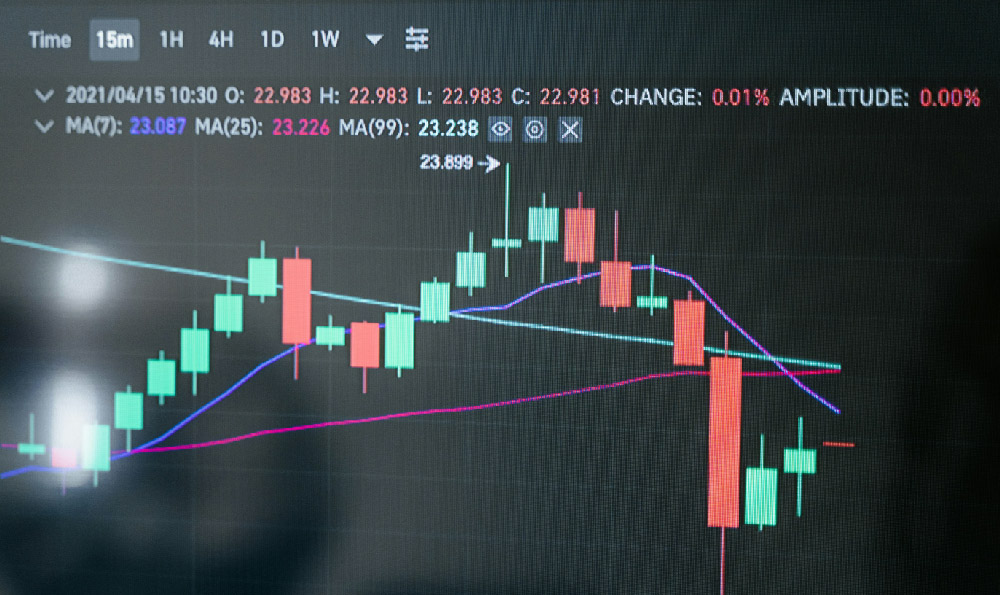
Investing, particularly in the realm of cryptocurrency, can feel like navigating a complex labyrinth. The potential for high returns is alluring, but the inherent volatility and intricate technology require a strategic approach, informed decision-making, and a robust understanding of risk management. Growing your money through cryptocurrency isn't about overnight riches; it's about building a long-term, sustainable portfolio aligned with your financial goals and risk tolerance.
The first, and arguably most crucial, step is self-assessment. Honestly evaluate your financial situation. What are your current income and expenses? How much disposable income do you have available for investment? Are you prepared to potentially lose a portion, or even all, of your investment? Answering these questions will help you determine your risk tolerance. A conservative investor might allocate a small percentage of their portfolio to crypto, focusing on established coins like Bitcoin and Ethereum, while a more aggressive investor might be willing to allocate a larger percentage and explore altcoins with higher growth potential but also higher risk.
Once you understand your risk tolerance, you need to conduct thorough research. The cryptocurrency market is constantly evolving, with new projects emerging daily. Resist the temptation to invest based solely on hype or social media buzz. Instead, focus on understanding the fundamentals of the technology and the specific project you're considering. Read whitepapers, analyze the team behind the project, assess the project's use case and potential market adoption, and understand its tokenomics (how the token supply is managed and distributed).

Different cryptocurrencies offer different value propositions. Bitcoin, often referred to as "digital gold," is primarily a store of value, acting as a hedge against inflation and a decentralized alternative to traditional currencies. Ethereum, on the other hand, is a platform for building decentralized applications (dApps) and smart contracts, enabling a wide range of innovative use cases. Understanding these distinctions is crucial for making informed investment decisions.
Beyond Bitcoin and Ethereum, a vast array of altcoins exists, each with its own unique features and potential. These altcoins offer the potential for higher returns, but also carry significantly higher risks. Before investing in any altcoin, meticulously scrutinize its technology, team, market capitalization, trading volume, and community support. Be wary of projects with vague roadmaps, inexperienced teams, or overly aggressive marketing campaigns.
Choosing the right platform for buying and selling cryptocurrency is another critical decision. Numerous cryptocurrency exchanges are available, each with its own fees, security features, and supported coins. Research different exchanges and choose one that aligns with your needs and preferences. Consider factors such as security measures (two-factor authentication, cold storage of funds), trading fees, withdrawal limits, and user interface. Reputable exchanges include Coinbase, Binance, Kraken, and Gemini, among others.
After choosing an exchange, security becomes paramount. Never store your cryptocurrency on the exchange for extended periods. Instead, transfer your holdings to a personal wallet, where you have full control over your private keys. There are two main types of wallets: hot wallets (connected to the internet) and cold wallets (offline). Hot wallets are convenient for frequent trading, but are more vulnerable to hacking. Cold wallets, such as hardware wallets, offer the highest level of security, but are less convenient for frequent transactions. A combination of both types may be optimal, using a hot wallet for small amounts and a cold wallet for long-term storage.
Dollar-cost averaging (DCA) is a popular strategy for mitigating risk in volatile markets like cryptocurrency. DCA involves investing a fixed amount of money at regular intervals, regardless of the price of the asset. This strategy helps to smooth out the price volatility and reduce the risk of buying at the top. Instead of trying to time the market, which is notoriously difficult, DCA allows you to gradually build your position over time.
Furthermore, diversification is crucial. Don't put all your eggs in one basket. Diversify your cryptocurrency portfolio across different types of coins and projects. This helps to reduce the impact of any single investment performing poorly. You can also diversify your overall investment portfolio by allocating funds to other asset classes, such as stocks, bonds, and real estate.
Staying informed is an ongoing process. The cryptocurrency market is constantly evolving, so it's essential to stay up-to-date on the latest news, trends, and technological developments. Follow reputable news sources, attend industry conferences, and engage with the cryptocurrency community. Be cautious of scams and misinformation, and always do your own research before making any investment decisions.
Recognize and manage your emotions. Fear and greed can drive impulsive decisions that can lead to losses. Avoid chasing pumps (sudden price increases) or panic selling during market downturns. Stick to your investment strategy and make rational decisions based on facts and analysis, not emotions.
Finally, consider the tax implications of cryptocurrency investments. In many jurisdictions, cryptocurrency gains are subject to capital gains taxes. Keep accurate records of your transactions and consult with a tax professional to ensure you are compliant with all applicable tax laws.
Investing in cryptocurrency offers the potential for significant returns, but it also carries significant risks. By understanding the technology, assessing your risk tolerance, conducting thorough research, choosing the right platforms, implementing security measures, employing strategies like dollar-cost averaging, diversifying your portfolio, staying informed, and managing your emotions, you can increase your chances of successfully growing your money in the world of cryptocurrency. Remember, investing is a long-term game, and patience, discipline, and continuous learning are key to achieving your financial goals. Never invest more than you can afford to lose and always prioritize protecting your assets.





